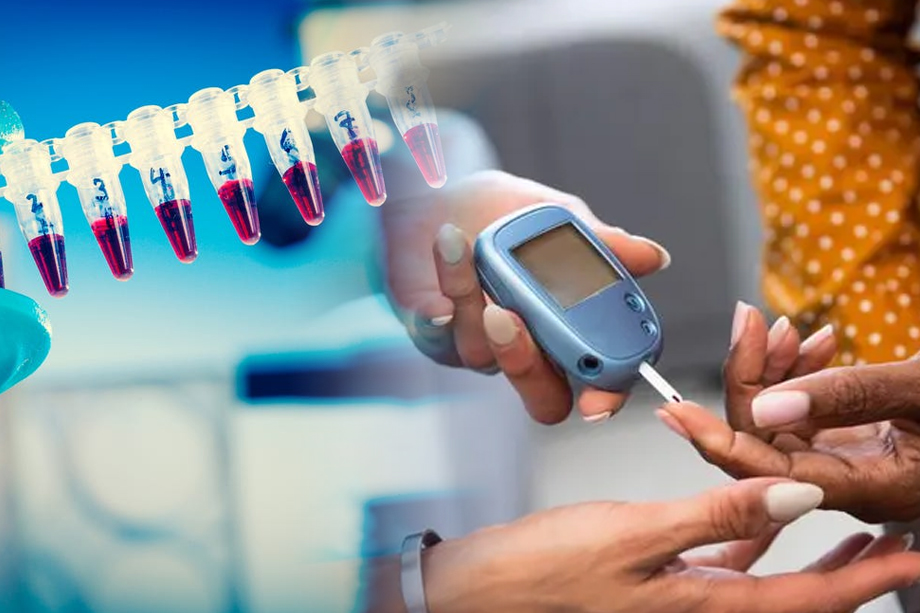
Type 2 diabetes is becoming a global health crisis. Not surprisingly, type 2 diabetes affects about 1 in 10 adults, and it is forecasted that this number will increase, especially in low- and middle-income countries. That is indeed an alarming challenge for healthcare systems worldwide. This blog probes into the risk factors for Plasma Protein and type 2 diabetes, ongoing research discoveries, and their potential impact on the prevention and management strategies. In this blog, we will explore Plasma protein and the risk of Type 2 diabetes.
What Are Plasma Proteins?
Plasma proteins are proteins that can be found in blood plasma. They play a crucial role in many physiological activities. These include enzymes, hormones, antibodies, and transport proteins. The levels and functions of these proteins are significant for assessing metabolic health and disease states like diabetes.
Role of Proteins in Diabetes
Proteins are critical in the development and regulation of type 2 diabetes. They impact many aspects of its metabolism, insulin sensitivity, and glucose homeostasis. While insulin is the most vital protein to glucose metabolism, all other proteins modify insulin signalling and are involved in the inflammation that underlies insulin resistance. Other proteins, like glucokinase, modulate glucose processing directly. In recent studies, plasma proteins have been isolated that link to an increased risk of diabetes, and that could potentially serve as biomarkers for the early detection of diabetes. Further, understanding these proteins also opens up possibilities for targeted therapy, as alteration of certain protein activities can improve insulin sensitivity. Overall, proteins represent a critical component of diabetes pathophysiology mechanisms and are indispensable in both the understanding of the disease and in the development of successful treatments.
Recent Discoveries on Plasma Proteomics
A novel study examined nearly 2,000 plasma proteins to analyze the link between those proteins and type 2 diabetes. Out of these 47 proteins, 11 have considerable evidence that suggests causative associations, and these proteins were linked with metabolic processes like:
- Protein Folding and Catabolism
- Intrinsic Apoptotic Signaling Pathway
- Response to Oxidative Stress
All these results suggest that particular proteins can one day be used as a potential therapeutic drug.
Critical Findings Regarding Plasma Proteins and Type 2 Diabetes
Over the past decade, it has become evident that there exist several connections between plasma proteins and type 2 diabetes:
Proteomic Studies:
- In these high-scale studies, thousands of plasma proteins have been identified to be associated with predispositions for type 2 diabetes mellitus. It has now been established that more than 300 loci are associated with diabetes due to genome-wide association studies (GWAS).
- Specific proteins include HLA-DRA, AGER, HSPA1A, and HSPA1B, which have been associated with type 2 diabetes and its complications, implicating them in the pathogenesis.
- Some plasma proteins are part of vital biological pathways influencing glucose metabolism, inflammation, and oxidative stress. For instance, such proteins may interact with oxidative stress responses, thereby affecting insulin sensitivity and the function of beta cells in the pancreas.
- The straight involvement of proteins such as GCKR in glucose metabolism makes them potential targets in therapy.
Causal Associations:
- Recent studies that have applied MR approaches to plasma proteins have highlighted the causal interactions between them and type 2 diabetes. Of course, such methodology reduces the confounding factors involved; hence, the evidence for causality is relatively strong.
- Several proteins have been found to have potential causal associations with type 2 diabetes, indicating the possible manipulation of such proteins as a strategy in diabetes prevention and management.
Implications for Prevention and Treatment
Understanding the plasma protein type 2 diabetes connection may lead to several significant developments:
- Biomarker Identification: Identifying specific plasma proteins associated with diabetes may lead to the development of biomarkers in assessing risk and discovering the disease in its early stages.
- Therapeutic Targets: A new therapeutic option may be drugs or lifestyle interventions that target specific proteins. These drugs may alter the actions of some proteins to increase insulin sensitivity and improve the function of beta cells.
- Personalized Medicine: Knowledge of specific proteomic profiles can give rise to prevention and treatment strategies that are tailored to help improve the outcome for patients with type 2 diabetes.
Conclusion
The relationship between plasma proteins and the risk of type 2 diabetes is a promising area of research. Therefore, better diagnostic tools and treatment options would be created to enhance the management of the disease and reduce the global impact of type 2 diabetes. Type 2 diabetes can be continuously monitored with the help of CGM Devices. You can get these CGM devices from our website https://delivermymeds.com/ to reduce the risk of type 2 diabetes.
Reference



